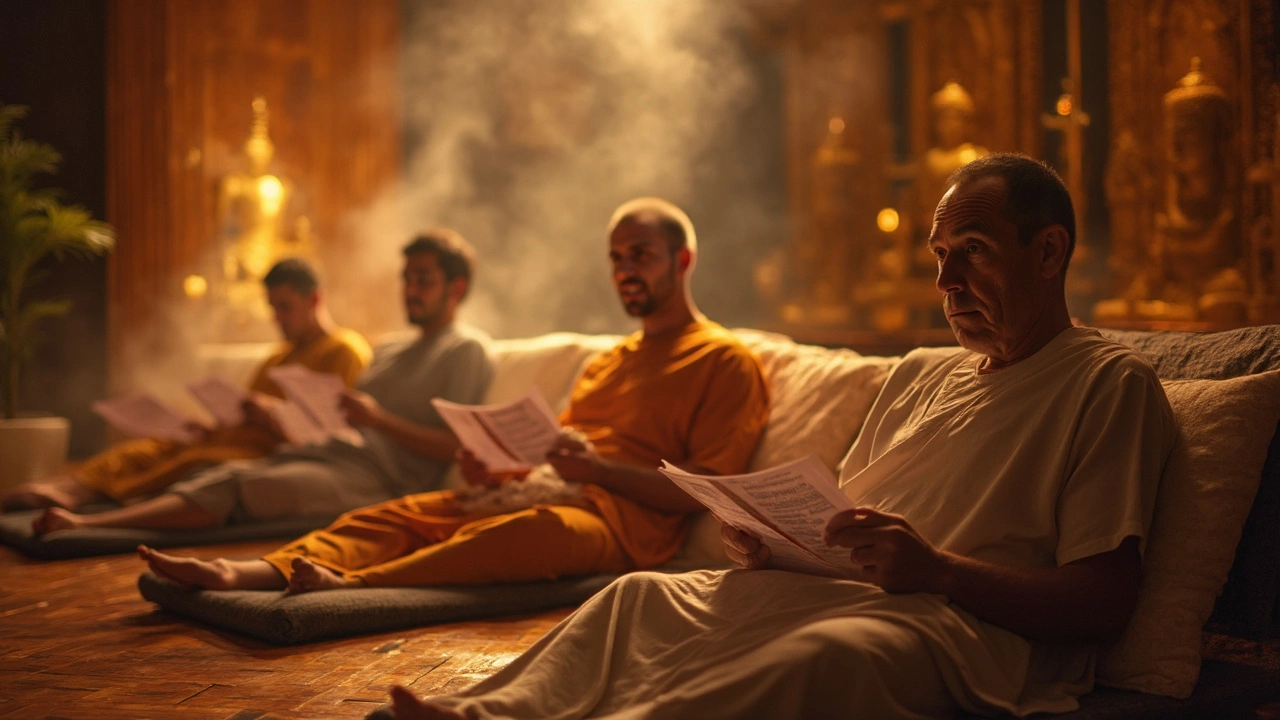
Thai Massage: The Real Deal in Traditional Medicine
This article dives into what Thai massage really is, why so many guys swear by it, how to find the best spots, and what kind of sensations to expect. It breaks down the prices, the time investment, and the buzz around its popularity compared to Western massages. Packed with practical advice and my firsthand stories, you’ll get a no-nonsense look at why Thai massage is so much more than just kneading and oil. Expect real talk, tips for getting the most out of your visit, and a taste of that Thai touch everyone keeps raving about.
View More